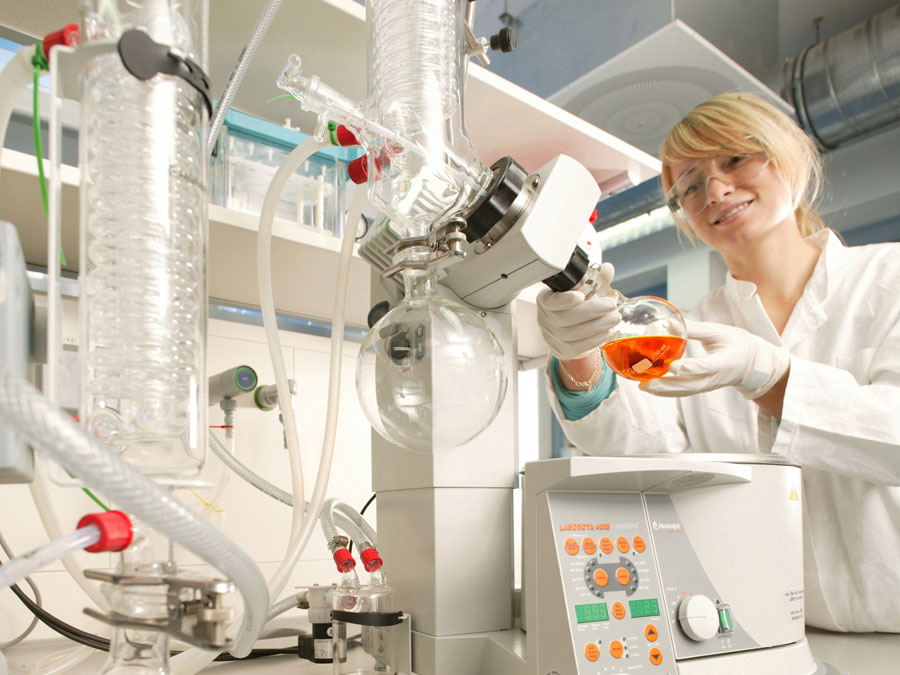Applying the model of the Bavarian School of Public Policy:
Straubing becomes a university hosted by TUM

The structuring decision facilitates the development of the Straubing Center of Science, which has also established an academic teaching program since its inception in 2001. In the interest of combining both aspects into an overall concept which is coherent in terms of content and organization, granting the center university status seemed a logical step. At the same time, the teaching and research portfolio will be expanded beyond the core topic of renewable resources, as is reflected in the name “Straubing University of Biotechnology and Sustainability”.
“dedication of the governmental bodies is an encouraging sign”
TUM President Wolfgang A. Herrmann welcomed the decision of the cabinet: “As the future host university, we are prepared to take responsibility for Straubing, especially since we were heavily involved in equipping the Science Center at its inception and made resources available to it. The continued dedication of the Bavarian government and the Bavarian parliament has encouraged us to now apply the structuring model for the Bavarian School of Public Policy to Straubing. With its extraordinarily substantial contributions over the years, the local government has shown that the city has what it takes to be a university town.”
The foundation is to be managed by state law. For the Bavarian School of Public Policy, this process took less than half a year. Weihenstephan-Triesdorf University of Applied Sciences has been chosen as a cooperation partner, since it has been involved in setting up the Straubing Science Center since the very beginning. President Herrmann expects that legislators will establish a lean organization structure with clear responsibilities (Rector, Senate, Board of Trustees) just as it did for the Bavarian School of Public Policy.
White biotechnology unites technology and sustainability
One new addition to the curriculum will be the Bachelor’s program in “Industrial Biotechnology”, which is expected to start in the winter semester 2017/18. “Industrial, or 'white' biotechnology combines technological advances with the goal of sustainability,” says Herrmann. “It's all about new processes for obtaining chemical products by using catalysts which are natural or composed of materials identical to natural ones, and derived from natural (biogenous) raw materials whenever possible. This sector of the chemical economy is extremely short on qualified professionals, which is why we are seeking to close this skills gap here in Straubing.”
Also in the works is the Bachelor’s program in “Bio-Economics and Sustainable Innovation”, which will be run in collaboration with the TUM School of Management.